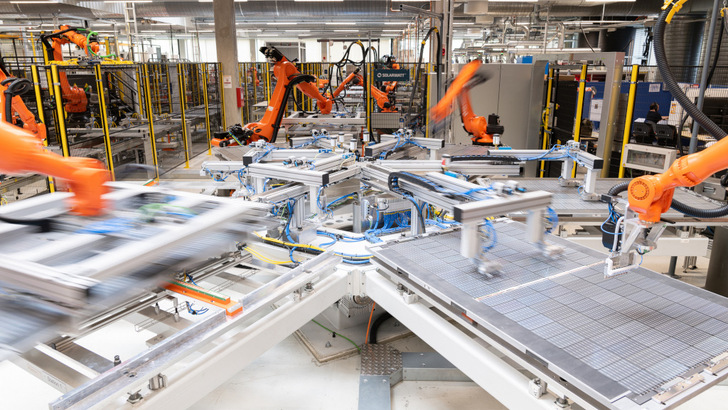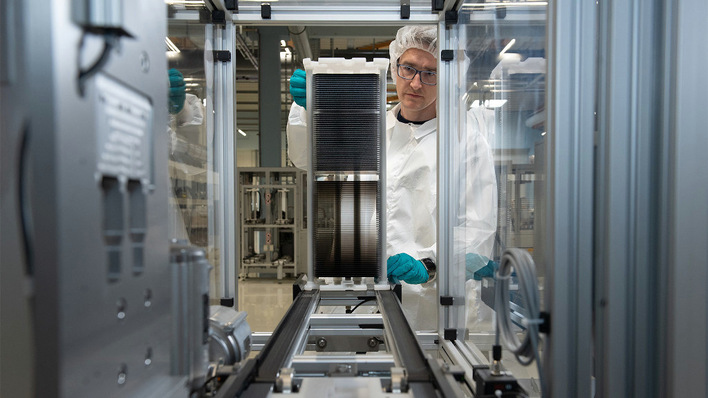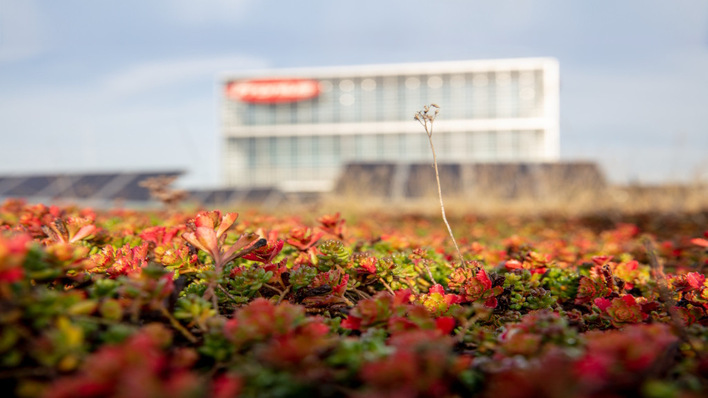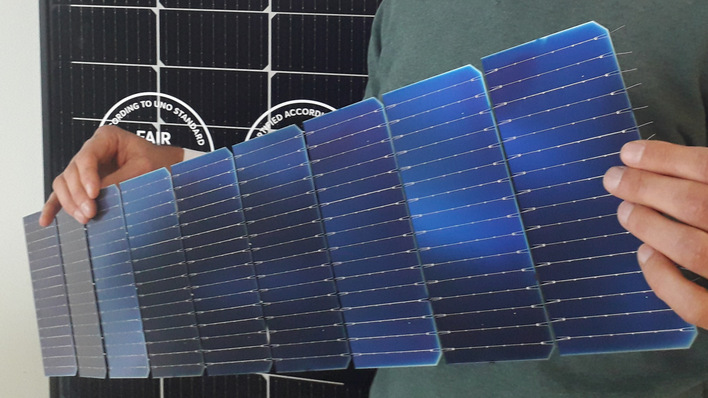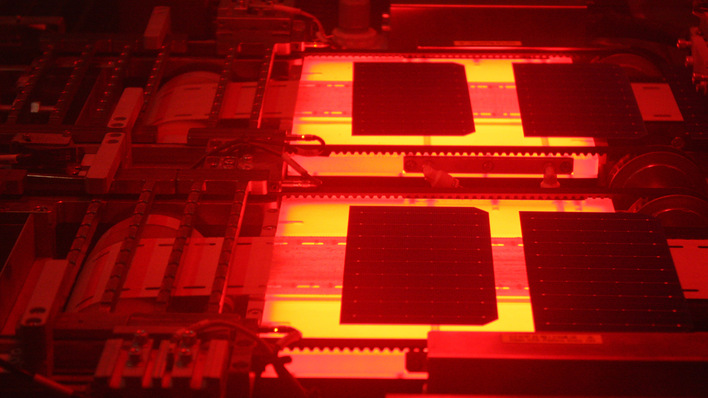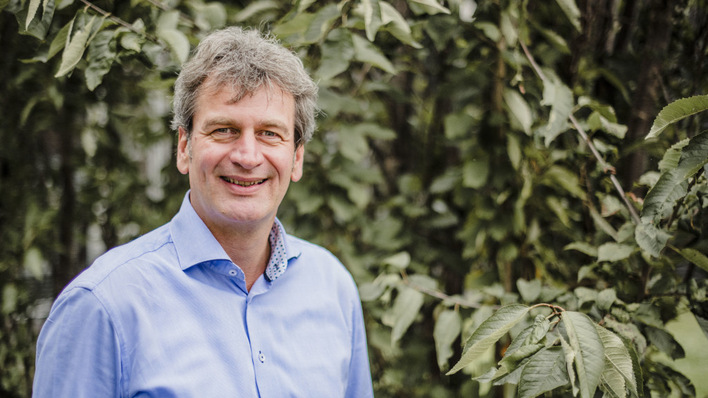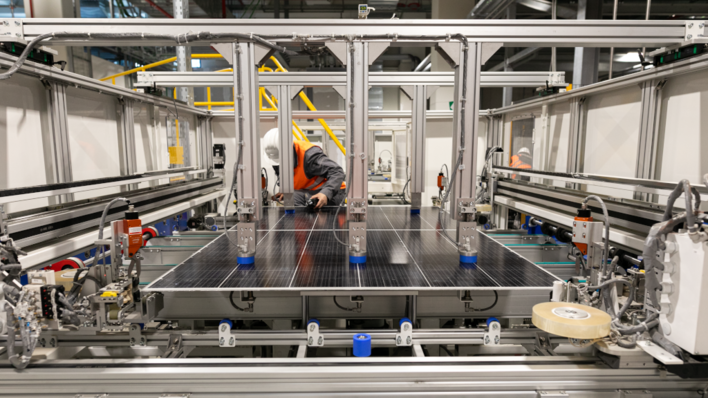Solarwatt is the first German module manufacturer to receive Cradle to Cradle certification for its glass-glass modules produced in Dresden. Previously, only the Lithuanian manufacturer Solitek and the modules produced in France by Sunpower had achieved such certification. With the certification, the double glass modules of the Saxon company are now also considered to be particularly sustainable when viewed over the entire cycle. This ranges from the procurement of materials to the actual production and recycling.
Interest in sustainable modules is growing
With this certification, Solarwatt is reacting to the growing interest in sustainable solar modules in Europe, the company says. "It is important to us that our modules not only deliver clean energy, but are also produced sustainably," Detlef Neuhaus, Managing Director of Solarwatt, explains the company's commitment. "Solarwatt has already set up its production accordingly in recent years and obtains 100 per cent green electricity. We now wanted to make this commitment visible to our customers and have initiated the demanding certification process," explains Neuhaus.
Social responsibility also assessed
Cradle-to-Cradle certification evaluates products of all kinds based on both their environmental and social output. "In contrast to purely environmental standards, the company's social responsibility is also considered, for example using the UN Global Compact Self Assessment Tool," says Annika Beck, who is responsible for corporate social responsibility at Solarwatt. The categories assessed are material health, recyclability of materials, energy management and CO2 emissions, water management and social responsibility.
Scoring in all categories
Based on this evaluation, Solarwatt was awarded the silver certificate. This puts Solarwatt in a medium rating. This is because the certificate is available with increasing requirements for the sustainability of the product and production in the Basic, Bronze, Silver, Gold and Platinum levels. The lowest certification level achieved in a category determines the level of the entire certificate. For example, if you only receive a 'Basic' in one category, you can only achieve a 'Basic' overall rating. If you want to achieve a high rating, you must therefore score equally in all categories.
Gold rating in most categories
Solarwatt achieved a high level with the gold standard especially in the areas of energy management and CO2 emissions as well as water management. In only one category did the company score silver, resulting in the overall silver certificate. The certification is awarded by the independent Cradle to Cradle Products Innovation Institute. The evaluation of the Solarwatt glass-glass modules was carried out by the accredited agency EPEA. (su/mfo)
Also interesting: Mounting system made of recycled plastics


